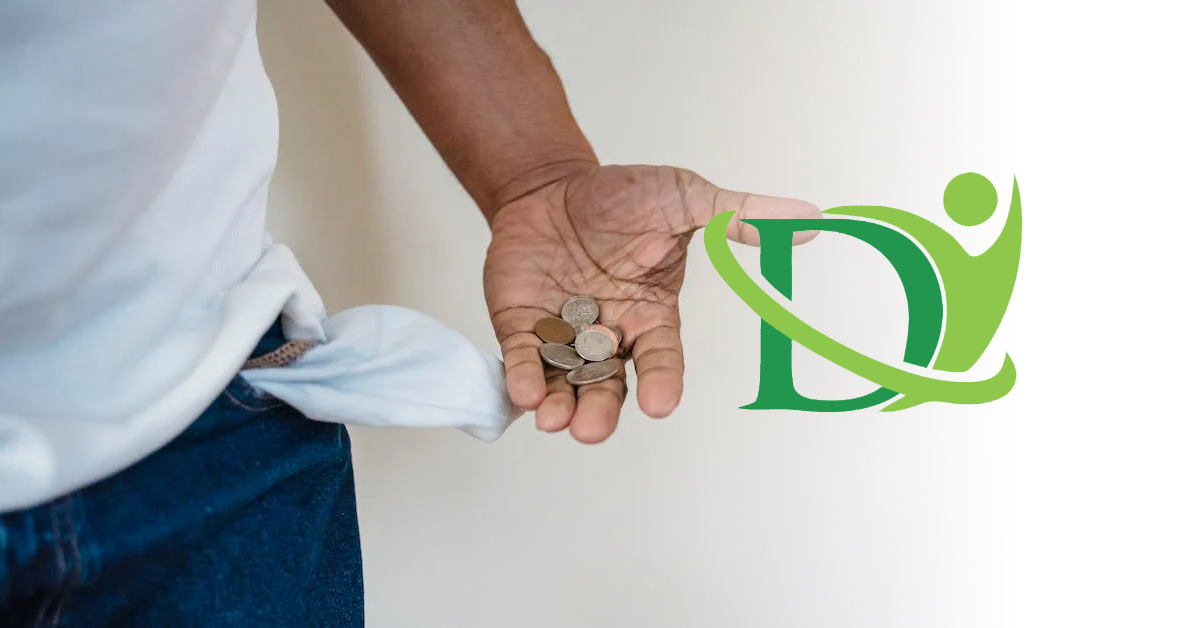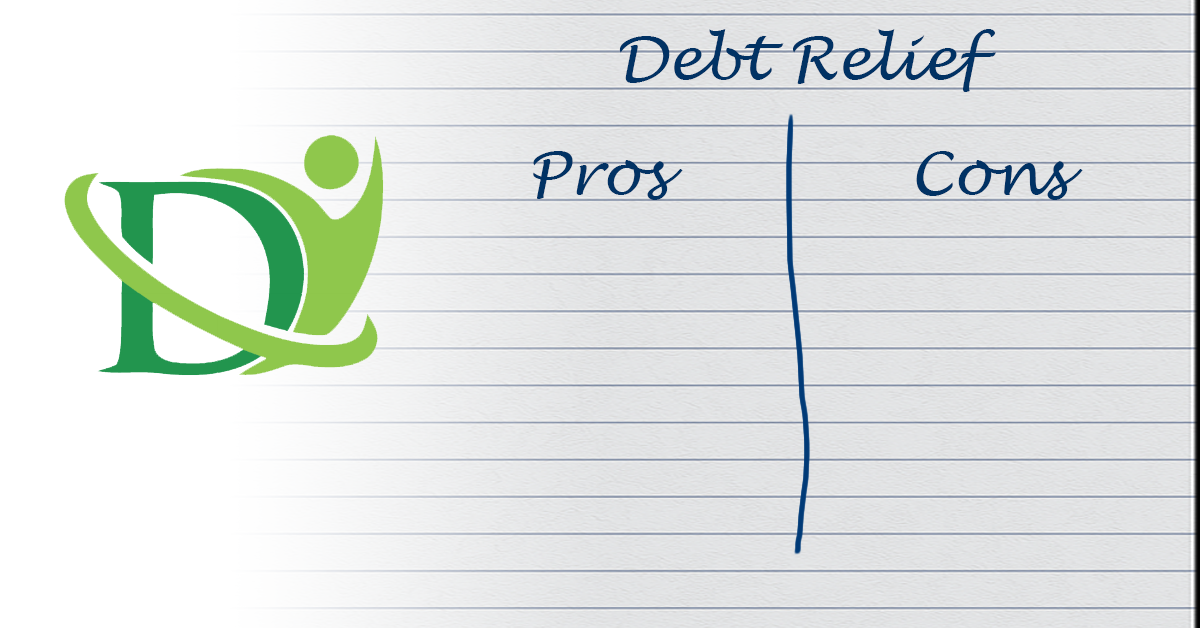
Key Benefits of Seeking Professional Debt Advice
October 1, 2024
Effective Budgeting Tips for Reducing Debt
October 15, 2024Debt relief programs offer various solutions to help individuals manage and reduce their debts. Each program has distinct features, benefits, and potential downsides. Understanding these differences is crucial for making informed decisions about which option aligns best with specific financial situations.
Different debt relief programs include debt consolidation, debt settlement, credit counselling, and bankruptcy. Each program targets debt reduction through different methods, and the potential outcomes vary significantly. Evaluating these programs helps determine the most suitable path for achieving financial stability.
By examining the different debt relief programs, their benefits, and potential drawbacks, individuals can make informed choices to regain control over their financial well-being. Understanding the long-term outcomes of each program is essential to ensuring lasting financial stability and avoiding future debt issues.
Understanding Different Types of Debt Relief Programs
Debt relief programs are designed to help individuals manage and reduce their debt through various methods. These methods cater to different financial needs and situations, providing a range of options for tackling debt. The most common types of debt relief programs include debt consolidation, debt settlement, credit counselling, and bankruptcy.
Debt consolidation involves combining multiple debts into a single loan. This loan usually has a lower interest rate, making it easier to manage monthly payments and reduce the overall cost of the debt. By consolidating debts, individuals can streamline their repayment process and focus on a single payment each month.
Debt settlement focuses on negotiating with creditors to reduce the total amount of debt owed. This negotiation can lead to a significant reduction in the debt balance, providing immediate relief. However, this option often impacts credit scores and may have tax implications.
Credit counselling provides guidance on managing finances and creating a realistic budget. This service helps individuals understand their financial situation and develop better financial habits. Credit counsellors often negotiate lower interest rates and payments with creditors, making debts more manageable.
Bankruptcy is a legal process that can eliminate most debts. While it offers a fresh start, it has severe long-term implications, including a negative impact on credit scores and the ability to secure future credit. Understanding the different debt relief programs and their features is essential for choosing the right solution.
Benefits and Drawbacks of Debt Consolidation
Debt consolidation offers several benefits that make it an attractive option for managing debt. One of the primary advantages is the simplification of the repayment process. By consolidating multiple debts into a single loan, individuals can reduce the number of payments made each month, making it easier to keep track of and manage due dates.
Another important benefit is the potential reduction in interest rates. Debt consolidation loans often come with lower interest rates compared to credit cards and other high-interest debts. This reduction can lead to significant savings over time, as more of the monthly payment goes towards reducing the principal balance rather than interest.
Debt consolidation can also improve credit scores. By consolidating debts and making consistent payments on the new loan, individuals can demonstrate responsible financial behaviour. This responsible behaviour is reflected in credit reports, leading to an improved credit score over time.
However, there are also drawbacks to consider. Securing a debt consolidation loan may require collateral, such as a home or car. This collateral requirement poses a risk of losing the asset if the loan is not repaid on time. Additionally, consolidating debt does not address the underlying spending habits that led to the debt. Without addressing these habits, there is a risk of accumulating new debt even after consolidation.
In summary, debt consolidation offers a simplified repayment process and potential interest savings but requires careful consideration of the risks. Understanding both the benefits and drawbacks ensures that debt consolidation is the right choice for managing debt.
Evaluating the Impact of Debt Settlement
Debt settlement involves negotiating with creditors to reduce the total amount of debt owed. This method can provide substantial relief by lowering the debt balance, allowing individuals to pay a reduced amount to settle their debts. Usually, this involves making a lump-sum payment or a series of payments over a short period.
One of the main advantages of debt settlement is the potential for significant debt reduction. By negotiating lower balances, individuals can save money and pay off their debts faster. This relief can be particularly beneficial for those experiencing severe financial hardship and struggling to make minimum payments.
However, debt settlement comes with drawbacks. It often has a negative impact on credit scores. When debts are settled for less than the full amount owed, it is typically reported as a negative mark on credit reports. This can lower credit scores and make it more difficult to obtain new credit in the future.
Additionally, the forgiven debt amount may be considered taxable income, leading to potential tax liabilities. Engaging in debt settlement also involves fees. Debt settlement companies typically charge a fee for their services, which can add to the overall cost of the settlement process. It’s crucial to weigh the potential savings against these costs to determine if debt settlement is the best option for managing debt.
Long-Term Outcomes of Credit Counselling and Bankruptcy
Credit counselling and bankruptcy are two distinct approaches to managing debt, each with unique long-term outcomes. Credit counselling focuses on providing education and guidance to improve financial management, while bankruptcy offers a legal solution to discharge debts.
Credit counselling has several positive long-term outcomes. It helps individuals develop and maintain better financial habits, such as budgeting and responsible spending. Through credit counselling, individuals learn to manage their finances more effectively, which can prevent future debt problems. Additionally, credit counsellors may negotiate better terms with creditors, resulting in lower interest rates and reduced monthly payments.
Despite these benefits, credit counselling does not provide immediate debt relief. The process requires discipline and commitment over time. It may take several years to pay off debts fully, depending on the individual’s financial situation and the counsellor’s recommendations.
Bankruptcy provides immediate relief by discharging most debts. This legal process allows individuals to eliminate their debt burden and start fresh. However, bankruptcy’s long-term consequences are severe.
Filing for bankruptcy significantly damages credit scores and remains on credit reports for up to ten years. This negative impact makes it difficult to obtain new credit, rent housing, or even secure certain jobs.
Additionally, bankruptcy involves legal proceedings and court appearances. It may also require the liquidation of assets to repay creditors. While bankruptcy offers a way out of overwhelming debt, the long-term effects must be carefully considered.
Outcomes of Debt Relief Programs: Which One Works Best for You?
Understanding the different debt relief programs and their outcomes is vital for making informed financial decisions. Each program offers unique benefits and challenges that must be weighed carefully.
Selecting the right debt relief program involves evaluating individual financial situations and considering both short-term relief and long-term impacts. Informed choices ensure better financial health and stability.
For specialized guidance on debt relief and customised solutions in Canada, contact DebtHelpers today. Take a step towards financial freedom and secure a better future with expert assistance.

